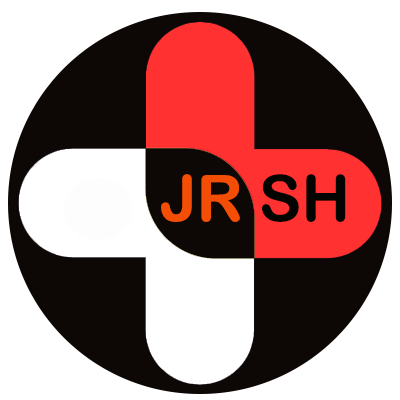Abstract
Background: The COVID-19 pandemic reduced the number of active Integrated Health Service Posts (Posyandu) in Tangerang City, affecting the monitoring of growth and development of children under five (U5C). Posyandu cadres play a critical role in restoring these services, particularly in stunting locus areas.
Objective:This study aimed to identify determinants of Posyandu cadres' performance in monitoring U5C growth and development in a sub-urban stunting locus area.
Design and Methodology: A cross-sectional study was conducted involving 137 Posyandu cadres from the Jurumudi Baru Health Center in Tangerang City, selected through purposive sampling. Data were collected using structured questionnaires and analyzed using chi-square and multiple logistic regression.
Findings: Individual factors (age, knowledge), psychological factors (attitudes), and organizational factors (incentives, training, facilities) significantly influenced cadre performance. Logistic regression identified cadre incentives (p=0.000; POR=11.84), Posyandu facilities (p=0.001; POR=7.68), training (p=0.009; POR=4.56), and age (p=0.048; POR=2.83) as significant determinants. Incentives were the most dominant factor affecting performance.
Conclusion and Implications: The performance of Posyandu cadres is influenced by multiple factors, with incentives playing a pivotal role. Improving cadre performance requires a multifaceted approach, including regular training, sufficient facilities, and financial or non-financial incentives. Enhancing these factors can improve monitoring of U5C growth and development, particularly in stunting locus areas, ultimately contributing to better public health outcomes. These findings emphasize the importance of strengthening community-based health services to address health inequities.
